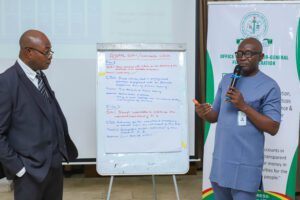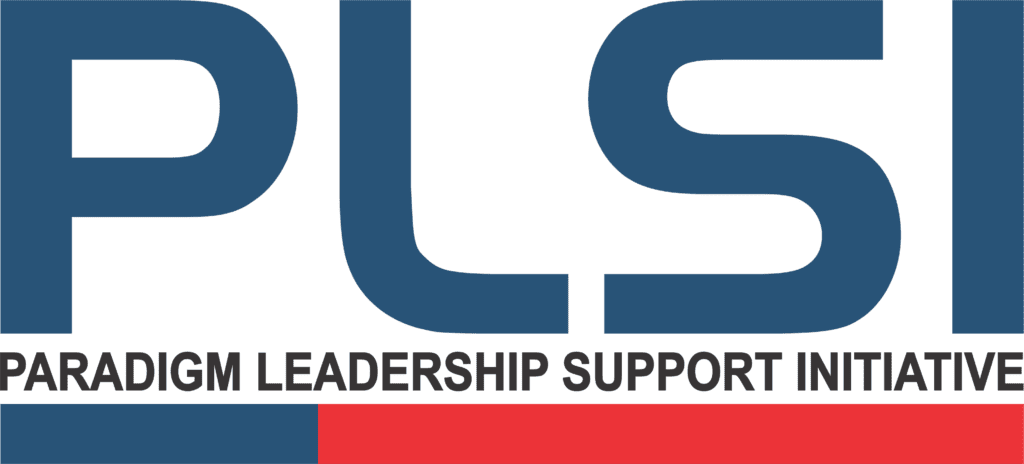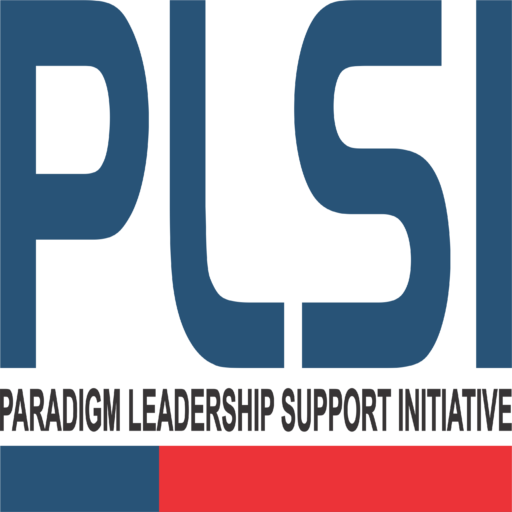In Nigeria, the pursuit of accountability and sustainable development has long been a complex challenge. The growing need for improved public service delivery and an enhanced quality of life for citizens highlights the importance of effective public auditing. Auditing, both in the public and private sectors, is increasingly recognized as crucial, often referred to as the “third eye” for its role in oversight and accountability.
Recent years have seen promising developments with the emergence of collaborative efforts between the Supreme Audit Institution (SAI) and Civil Society Organizations (CSOs). This collaboration aims to build public confidence and ensure good governance by providing reasonable assurance that those entrusted with public funds comply with established rules and regulations.
The Supreme Audit Institution in Nigeria, otherwise called the Office of the Auditor-General for the Federation (OAuGF), is a constitutional body which derives its powers from the 1999 Constitution of the Federal Republic of Nigeria, Sections 85 and 86, as amended. Each of the 36 states of Nigeria has two Auditors-General, one responsible for auditing accounts of State Governments the other for auditing of Local Governments’ accounts within the same state. In total, there are 73 Auditors-General in Nigeria, more than the whole of the rest of Africa put together[1]. As independent bodies responsible for auditing government expenditures and operations, SAIs play crucial role in ensuring transparency, accountability, and good governance. Through their audits, SAIs help identify inefficiencies, irregularities, and areas for improvement within government institutions, thus contributing to the overall efficiency and effectiveness of public administration. Nevertheless, their operations have met some resistance.
Conversely, CSOs in Nigeria have emerged as key actors in monitoring government activities, promoting citizen participation, and advocating for policy reforms. They serve as watchdogs, holding government officials accountable for their actions and decisions and advocating for the interests of marginalised communities. Civil society groups have supported Bills such as the Freedom of Information (FoI) Bill leading to enactment and lobbied legislators to pass the Public Procurement Act, the Money Laundering Act, and the Whistleblower Policy, ostensibly to stem corruption in the country. They have also actively engaged in budget monitoring, especially the tracking of constituency projects initiated by legislators to bring dividends of democracy to their constituents. Civil Society Organisations (CSOs) in Nigeria are also making significant strides in leveraging emerging technologies such as Value for Money, Policy Tracker Nigeria, TrackaNG, Udeme, Follow the Money, and Budeshi to drive social change and are actively engaged in policy and governance advocacy efforts aimed at ensuring that public funds are effectively utilised for the benefit of citizens.
By and large, the organized civil society has indeed played a significant role in improving fiscal transparency by holding leaders accountable to enhance good governance. However, noticeable shortcomings have been identified that have constrained these organisations in effectively carrying out their watchdog role.
While both SAIs and CSOs play distinct roles in promoting accountability and development, their collaboration is imperative for meaningful reforms. SAIs, as they are called, are charged with monitoring the accuracy of government reporting on the spending of public money. And increasingly, they also assess “value for money” in government programmes—a key interest of CSOs. Edward Olowo-Okere, Director of the World Bank Group’s governance global practice, remarks, “Citizens and CSOs help validate audit findings and bring third-party objectivity to the information and findings disclosed by ministries who often don’t have time to deliberate.”[2]
CSOs can benefit from SAIs’ access to government officials, financial records, and the skills needed to analyse them. SAIs can benefit from CSOs’ greater latitude when it comes to pressuring governments to act. Audits are only useful if governments act on their recommendations. This does not occur in many countries, due to SAIs’ limited ability to pressure governments to take their audits seriously, CSOs can help SAIs secure more government responsiveness.[3]
Collaboration between Supreme Audit Institutions (SAIs) and Civil Society Organizations (CSOs) strengthens the oversight mechanisms within a country. By combining their expertise, resources, and networks, SAIs and CSOs can effectively identify and address governance challenges. Hence, there is a need to strengthen the collaboration between Supreme Audit Institutions and civil society actors at the national and subnational level in Nigeria to collaboratively foster audit independence and enhance the accountability ecosystem in the country.
To achieve this, the INTOSAI Development Initiative (IDI), the Paradigm Leadership Support Initiative (PLSI), and the Office of the Auditor-General for the Federation (OAUGF) organised a two-day workshop under the SECO-funded SPMR act program held on the 28- 29 May, 2024. This event brought together stakeholders within the public audit ecosystem to explore principles guiding collaboration and to strengthen relationships between SAIs and CSOs in Nigeria. It also facilitated the sharing of experiences across jurisdictions and levels of government on how audit offices and CSOs have collaborated to achieve greater policy objectives, including strengthening the legal framework and enhancing audit impact.

The workshop brought together the Auditor-General for the Federation, Senior Directors from the Office of the Auditor-General for the Federation, selected Auditors-General from State Audit Offices, Development Partners (Foreign and Commonwealth Development Office), members of the Civil Society Coalition on Audit in Nigeria, and the INTOSAI Development Initiative (IDI) to establish a roadmap on how CSOs can advocate more effectively for the independence of Supreme Audit Institutions in Nigeria.
Identifying the eight pillars defining the independence of SAIs, which include: Legal Status, Heads of SAI, Operations, Access to Information, Reporting Audit Results, Content, and Timing of Audit Reports, Effective Follow-Up Mechanisms and the Resource revealed that principles 2, 3, 4, and 8 remain under threat and require active stakeholders’ engagement.

To realise the objectives of the workshop, a co-developed road map for SAI independence in Nigeria consisting of action points was initiated for both the national SAI and CSO, as well as subnational audit institutions and CSOs, for improved public accountability and development in Nigeria.
[1] https://oaugf.ng/images/downloads/office%20of%20the%20Auditor%20General%20%20History%20and%20introduction%20book.pdf
[2] Collaboration between Supreme Audit Institutions and Citizens is Critical in Ensuring Accountability and Transparency of Government’s Response to COVID-19 (worldbank.org)

